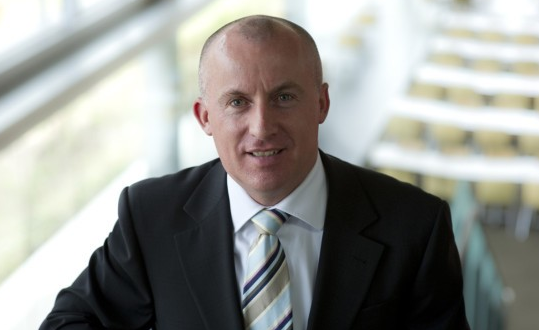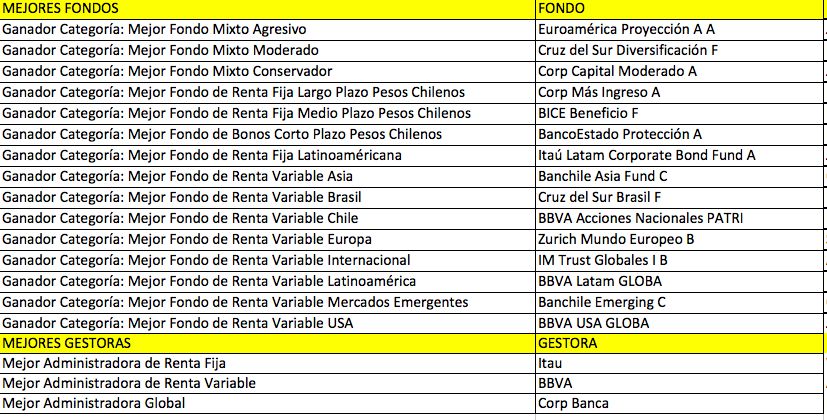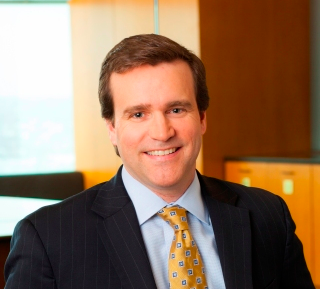Emerging Affluent Have the Potential to Exceed the Wealth of Today’s Millionaires
| For Fórmate a Fondo | 0 Comentarios

New Fidelity research finds 55% of financial advisors plan to target emerging and mass affluent investors in the next five years. According to the results of the Fidelity Investments® 7th Millionaire Outlook, emerging affluent investors are well positioned to attain – or even exceed – millionaire status. Most importantly, while these investors look very different than today’s millionaires, with more than two-thirds female and one-quarter non-white, they demonstrate many similar attitudes and behaviors.
For the first time, this year’s Millionaire Outlook study surveyed investors across the full wealth spectrum—emerging affluent, mass affluent, millionaires and deca-millionaires—to assess their ability to accumulate wealth. The study identified the emerging affluent as having the greatest wealth potential based on six wealth-building factors: time horizon, career, income, self-made status, long-term focus and investing style.
Referring to the next-generation of investors is, Bob Oros, head of the registered investment advisor segment, Fidelity Clearing and Custody, says: ”They exhibit many similarities to today’s millionaires—even the deca-millionaires. These should motivate advisors to broaden their client base beyond the traditional millionaire and give all investors confidence in their ability to move up the wealth spectrum.”
According to this research, the emerging affluent –media assets of $250,000- have six wealth-building factors on their side, many of which they share with today’s millionaires and deca-millionaires.
On average, emerging affluent investors are just 40 years of age with 27 years left before they reach the normal retirement age of 67; Many of the emerging affluent have pursued similar professions to today’s millionaires, including information technology, finance and accounting; At $125,000 the median annual household income for the emerging affluent is 2.5X the median U.S. household income and is nearing the income of today’s millionaires; Approximately 80% of emerging affluent investors have earned or increased their assets on their own, what we could call “self-made status”; They share millionaires’ long-term focus, with 75% of both groups focused on the long-term growth of their assets, and 30% focused on supporting the lifestyle they want in retirement; and the Investing Styleis also similar, since the emerging affluent display a willingness to invest aggressively to help maximize returns, as well as a willingness to set aside a significant portion of their portfolio for riskier investments that promise a bigger payoff.







